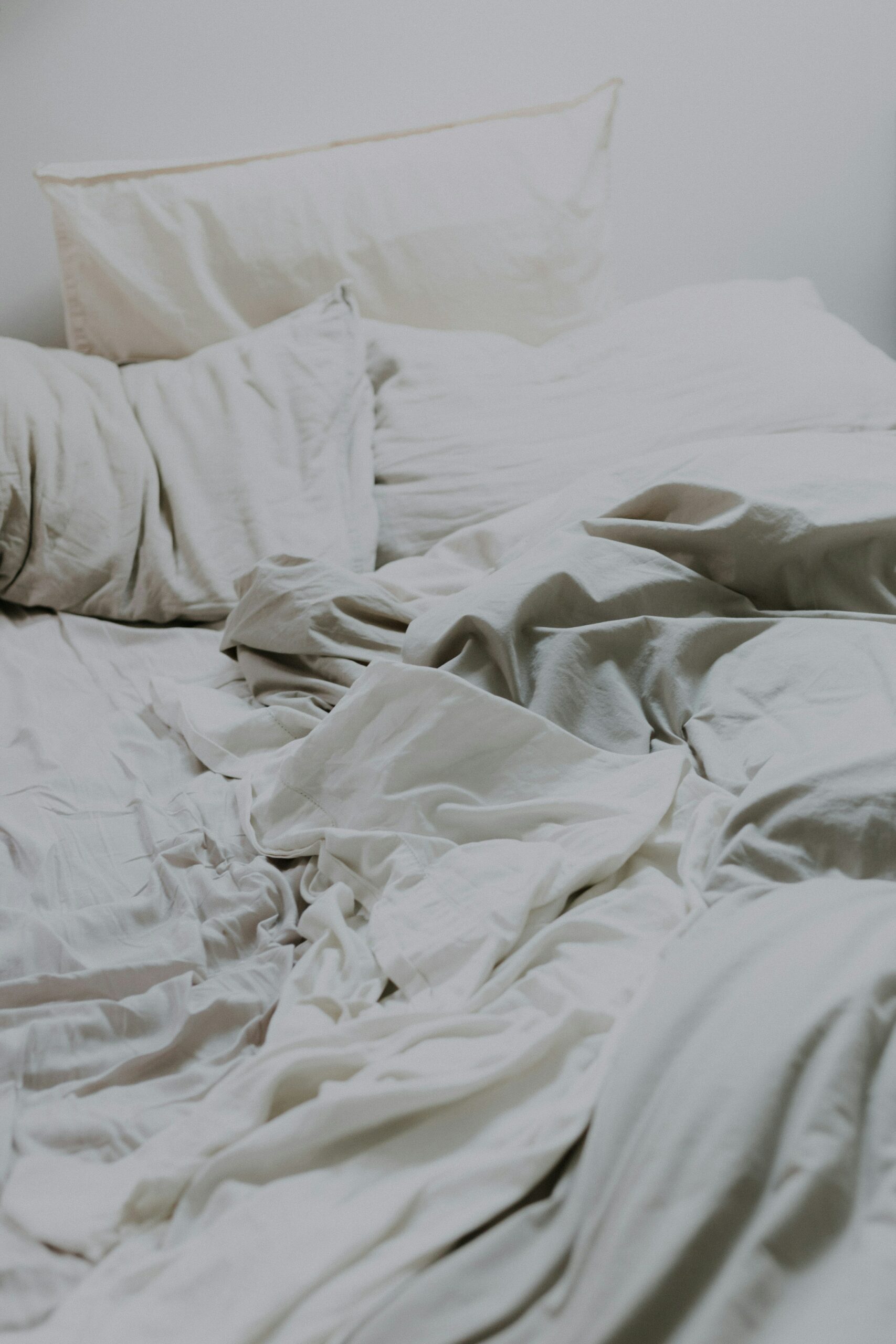Do you want more energy? We don't have to explain how important sleep is for you. You can actually feel for yourself what it does to you if you have slept less well one night. But we often measure how well we sleep by the number of hours we sleep. While actually much more important is: how deeply do you actually sleep during those hours? Quality over quantity, (as with more in life). In this article you will find 5 important tips for better sleep quality.
We often sleep long enough, but not well enough!
How can you tell if you are not sleeping deeply enough?
- You wake up too early
- You have to get out at least 1 time (or more) every night, even if it is to visit the toilet
- You wake up tired
- You have little energy
- You often want to sleep during the day
- Can I function optimally without caffeine?
- You are frequently irritable
- You have cognitive problems: impaired memory & concentration
5 unexpected tips to improve your sleep quality:
Peace of mind starts during the day 2.
Make sure your brain does not have to process all the stimuli only in the evening. So reduce your cognitive load already during the day. If you let too many stimuli and information in until the time you go to sleep, your brain will process it when you go to sleep. In addition to a good break, take a break from your computer during the workday.- Do not take in any new information, especially in the last hour before bedtime. So don't work, Instagram or study books before you go to sleep. Netflixing is no relaxation for your brain either: the flashes of light and information still need to be processed.
Get your blood sugar right 2.
The first step toward that is: eat balanced meals with both protein, fat and carbohydrates for proper satiety. If you eat too many (refined) carbohydrates, your blood sugar gets disrupted more easily. Especially if this is accompanied by stress. Dysregulated blood sugar can cause fluctuations in your blood sugar at night, which can scare you awake. Sleep problems are therefore more common in people who are insulin resistant (insulin is the hormone that regulates your blood sugar.
Gratitude 3.
How you feel when you go to sleep affects your brain waves and therefore how easily your brain enters relaxation mode. Gratitude has been proven to be good for your state of mind. Make it easy on yourself and stick a bill on your mirror for while brushing your teeth: What 3 things am I grateful for today? That way you'll make it a habit to end your day on a positive note.
4. Daylight
Let plenty of daylight fall on your eyes during the day. Our sleep-wake rhythm is influenced by the pineal gland in your brain: it makes the sleep hormone melatonin (and melatonin has many other restorative functions for you at night besides sleep!). Melatonin production is very dependent on the amount of light and your daily rhythm during the day. Also, light (at the right times) affects your mood.
5. Your gut affects your sleep and energy levels
Get good gut health. 95% of your serotonin, the precursor substance of melatonin, is produced in your gut. Gut issues can reduce your sleep quality.




